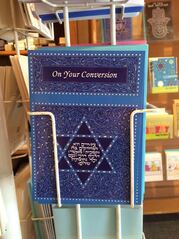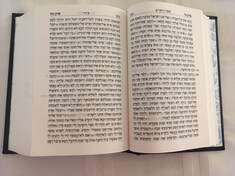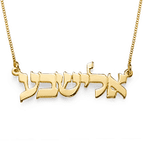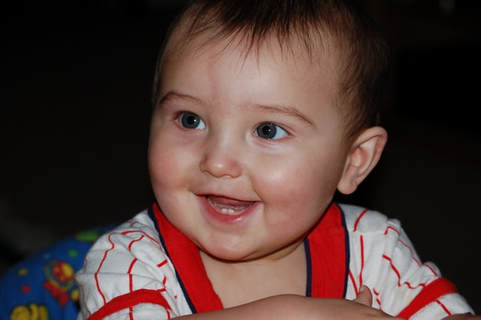
A frequent question from those just beginning to explore Judaism is, What book(s) should I read? Of course there are so many answers. But let me share Congregation Beth Sholom of San Francisco's list (with permission from their rabbi, Rabbi Amanda Russell)
Judaism 101: Recommended Reading List
This list was created with Introduction to Judaism students in mind, but can serve as a resource to any Jew-curious individuals.
Our Coursebook:
On One Foot, Rabbi Adam Greenwald
Aleph Isn’t Tough: An Introduction to Hebrew for Adults, Linda Motzkin
For more Information about Judaism
Living Judaism, Wayne D. Dosick
A Short History of the Jewish People, Raymond P. Scheindlin
Jewish Literacy, Rabbi Joseph Telushkin
The Book of Jewish Values, Rabbi Joseph Telushkin
Here All Along, Sarah Hurwitz
For Your Personal Journey
Choosing a Jewish Life, Anita Diamant
Living a Jewish Life, Anita Diamant
The How To Handbook for Jewish Living, Kerry M Olitzky and Ronald H Isaacs
I Am Jewish, ed. Judea and Ruth Pearl
The Book of Life, Michael Strassfeld
Jewish Prayer
A Guide to Jewish Prayer, Rabbi Adin Steinsaltz
My People’s Prayerbook, Rabbi Lawrence Hoffman
Entering Jewish Prayer, Reuven Hammer
Making Prayer Real, Rabbi Mike Comins
Theology and God
I and Thou, Martin Buber
Sacred Fragments, Neil Gillman
God in Search of Man, Abraham Joshua Heschel
When Bad Things Happen to Good People, Harold Kushner
The Jewish Approach to God: A Brief Introduction for Christians, Neil Gillman
Holidays and Shabbat
The Sabbath, Abraham Joshua Heschel
The Jewish Holidays, Michael Strassfeld
This is Real and You Are Completely Unprepared, Rabbi Alan Lew
My Jewish Year, Abigail Pogrebin
Women in Judaism
Engendering Judaism, Rachel Adler
Standing Again at Sinai, Judith Plaskow
Sisters at Sinai, Rabbi Jill Hammer
Spirituality and Wellness
A Responsible Life, Rabbi Ira Stone
Be Still and Get Going, Rabbi Alan Lew
The Wisdom of Not Knowing, Estelle Franke









 RSS Feed
RSS Feed